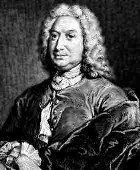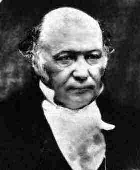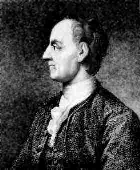Tom Morley's 6581


Hello.
Welcome to Mathematics 6581, Winter quarter 1999.
Calculus of Variations
Class is MWF 9 am in
ESM 209.
The textbook is John L. Troutman,
Variational Calculus and Optimal Control . We will start by covering
chapters 1 through 6, and then see where we are, and what the class
interests are.
Homework Set Number 2a -- Due Feb 17
- 3.23, 3.26,3.27, 3.29, 3.41(a)
Homework set Number 2b -- Due Feb 24
- (page 186) 6.3,6.4,6.16,6.29
First Homework Set
Due January 27
- Chapter 1, page 31 -- 1.3, 1.7, 1.9
- Chapter 2, page -- 2.2, 2.5 (a), (c), (e), (h), 2.7
The grade will be based on a series of Homework assigments (70%), and the
final (30%),
which will be open book and notes. If there is time, we may have a (computer project)
which will count in the homework.
A fine book which we will ocasionally refer to is Goldstein's Classical
Mechanics , although no prerequisite of physics will be assumed.
There is also a great introduction to Calculus of Variations in
Chapter 21 of Vol II of Feynmann's Lectures on Physics.
Calculus of Variations was first invented by
Johann Bernoulli , (see also
here and
here ) when he challanged mathematicians to find
the brachistochrone. His solution was by analogy with optics.
(See book page31 Exercise 1.1). Other solutions were obtained by Jakob Bernoulli
(Johann's brother), Newton, Euler, Leibniz, and I belive Daniel Bernoulli.
It is complicated to keep track of all the Bernoulli's --
here is the
Family Tree
Another real character that is very important in the Calculus of Variations
is the Irish mathematician
William Rowan Hamilton -- see also
here.
Here is a
paper of Hamilton's on the Calculus of Variations.
 Help stamp out meaningless symbolic manipulation
Help stamp out meaningless symbolic manipulation
Return to Tom Morley's Home Page
ICQ: 24798603 (Name: tmorley)
email:
morley@math.gatech.edu
email:
morley@bmtc.mindspring.com
Phone: (404) 894 9233 Fax: (404) 894 4409




